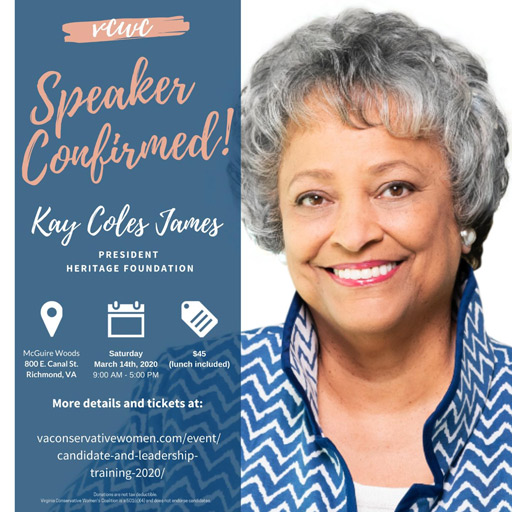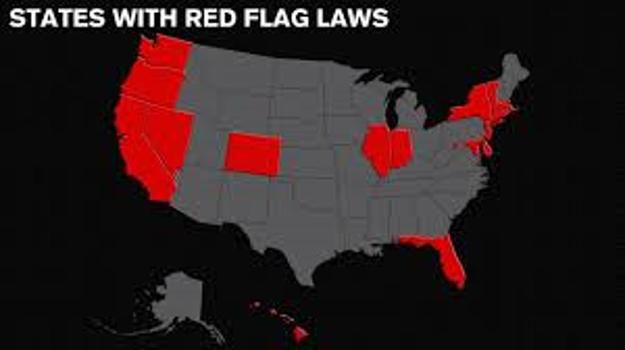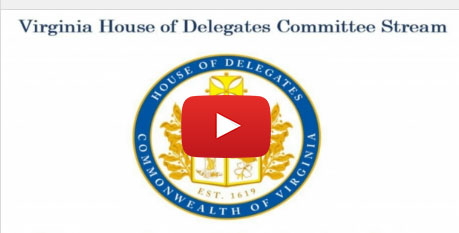How Many Voters Are Not Voting at their Legal Residence Voting Location?
The answer is Many.
Who are these voters? How many are there? There are 14.5 million college students in America. Many of them vote in their college town. But, is this legal? Is their college town the correct and legal voting polling place? The answer is NO.
The Virginia Board of Elections at Section 24.2-418 mandates “a voter must provide his/her current residence address and mailing address when registering to vote”. “Residency in Virginia is a prerequisite to be eligible to register to vote. Residency requires both domicile and a place of abode. To establish domicile, a person must live in a particular locality with the intent to REMAIN INDEFINITELY. A place of abode is the physical place where a person dwells.” Moreover, “ A person who has come to Virginia temporarily and intends to return to his/her state of residence is NOT considered a Virginia resident for voting purposes. Persons who legally reside in another state (for example, STUDENTS who intend to return to their home state upon graduation) should register in their home state…” (active duty military are provided certain exceptions under state and federal law).
Requiring a Virginia Resident to be domiciled in Virginia to vote is the strictest form of a Virginia Resident. The definition of Domicile is clear and has been fully adjudicated by the courts. Black’s Law Dictionary defines “Domicile” as, “That place in which a man has voluntarily fixed the habitation of himself and family, not for a mere special or temporary purpose, but with the present intention of making a permanent home, until some unexpected event shall occur to induce him to adopt some other permanent home. In re Garneau, 127 Fed. G77, 02 C. C. A. 403.In its ordinary acceptation, a person’s domicile is the place where he lives or has his home. In a strict and legal sense, that is properly the domicile of a person where he has his true, fixed, permanent home and principal establishment, and to which, whenever he is absent, he has the intention of returning. Anderson v. Anderson, 42 Vt. 350, 1Am. Rep. 334. Domicile is but the established, fixed, permanent, or ordinary dwelling-place or place of residence of a person, as distinguished from his temporary and transient, though actual, place of residence. It is his legal residence, as distinguished from his temporary place of abode; or his home, as distinguished from a place to which business or pleasure may temporarily call him. Salem v. Lyme, 29 Conn. 74.Domicile is the place where a person has fixed his habitation and has a permanent residence, without any present intention of removing therefrom. Crawford v. Wilson, 4 Barb. (N. Y.) 504, 520. One’s domicile is the place where one’s family permanently resides. Daniel v. Sullivan, 40 Ga. 277. In international law, “domicile” means a residence at a particular place, accompanied with positive or presumptive proof of intending to continue there for an unlimited time. State v. Collector of Bordentown, 32 N. J. Law, 192.”Domicile” and “residence” are not synonymous. The domicile is the home, the fixed place of habitation; while residence is a transient place of dwelling. Bartlett v. New York. 5 Sandf. (X. Y.) 44.The domicile is the habitation fixed in any place villi an intention of always staying there, while simple residence is much more temporary in its character. New York v. Genet, 4 Ilun (N. Y.) 4S9.”
Just as Virginia state voting residence is defined by domicile, Virginia jurisdiction voting locality must also be defined by domicile. For example, If a person is domiciled in Arlington, Virginia and attends school or their job-site outside of Arlington, Virginia they are: domiciled in Arlington, Virginia; a resident of Arlington, Virginia; and must vote in Arlington, Virginia.
Therefore, when a college student is merely in college temporarily for up to four years, living temporarily in college dorms or rentals, supported by their parents, claimed as a dependent on their parents tax returns, has their parents address on file with DMV and their school, with no intent to stay in that college town; that college town is NOT their legal residence to vote. Falsely reporting Legal residence is against the law and has negative effects on elections in many ways. A most obvious effect is the winner and loser by popular election vote. Less obvious effects are the number of State electoral votes determined by state population for President and the number of assigned Congressional districts and how they are drawn in a State. These assignments are done by population within each district of the state. Virginia has 13 electoral votes for President and has 11 Congressional districts that hold elections for their respective House of Representatives. Taxpayer money collected and distributed to States and localities are also based on resident population.
Let’s look at the small City of Williamsburg, Virginia and see the impact of The College of William & Mary student ILLEGAL location voting in this small college city. There are about 12,000 residents that are eligible to vote in the City of Williamsburg; with about 8,100 eligible student voters enrolled at the college. How many of these student eligible voters are wrongly registered to vote in the City of Williamsburg? Many. Virginia law requires that 65% of public university students must reside in Virginia. Right off the bat, we already know that at least 35% of students in public colleges reside outside of state of Virginia and CANNOT be residents of the State of Virginia or the City of Williamsburg to vote.
The next question is, how many students are and are NOT residents of the City of Williamsburg; where the College of William & Mary is located? According to the College of William & Mary’s own data, currently there are ONLY 48 students enrolled at the College of William & Mary that are residents of the City of Williamsburg. Therefore, Up to 70% of the City of Williamsburg votes may be by non-residents. 8,143 College of William & Mary students are NOT from the City of Williamsburg. Did more than 48 College of William & Mary students vote in the 2019 election? Yes, I was present at the polling place and there were hundreds, if not thousands of William & Mary voters. Is non-resident unlawful voting taking place in your town as well?
Why is illegal voting allowed and not enforced? Who is benefiting and who is hurt by non-enforcement of voter registration and election law? How is this fair to REAL resident taxpayers? It is unconscionable to think that the majority of non-taxpaying and non-residents could be determining the election result, laws, tax rates, budgets, spending, education, health, and public safety decisions for the minority population of legal tax paying residents of a town. This is truly TAXATION WITHOUT REPRESENTATION.
So, what can we do? The answer is simple. Demand Virginia continue to be a Voter ID State and enforce its voter registration and election laws. Eligible U.S citizen Voters must use their driver’s license address to determine residency location. This simple law will ensure that people are voting in their correct resident district. If a person is living in a location with a different driver’s license address they must obtain an absentee ballot to vote in that district or state designated by their driver’s license address. This is simple common sense. And, it’s the law.
References
Virginia Department of Elections, “Guidelines for Conducting Voter Registration Drives”, Revised 7-1-2018.
https://thelawdictionary.org/domicile/
https://www.wm.edu/offices/ir/documents/factbook/enrollment_2018-as-of-9_17.pdf
https://democratizeopportunity.com/where-are-college-students-going-after-they-graduate-30b2b68eb795
https://www.wm.edu/admission/undergraduateadmission/facts-figures/class-profile/index.php
https://www.wm.edu/admission/undergraduateadmission/facts-figures/admission-stats/index.php





